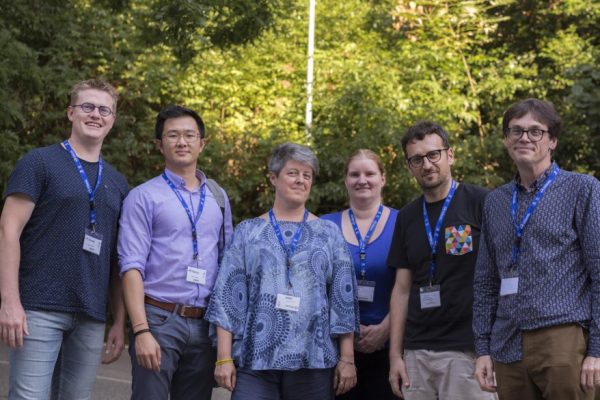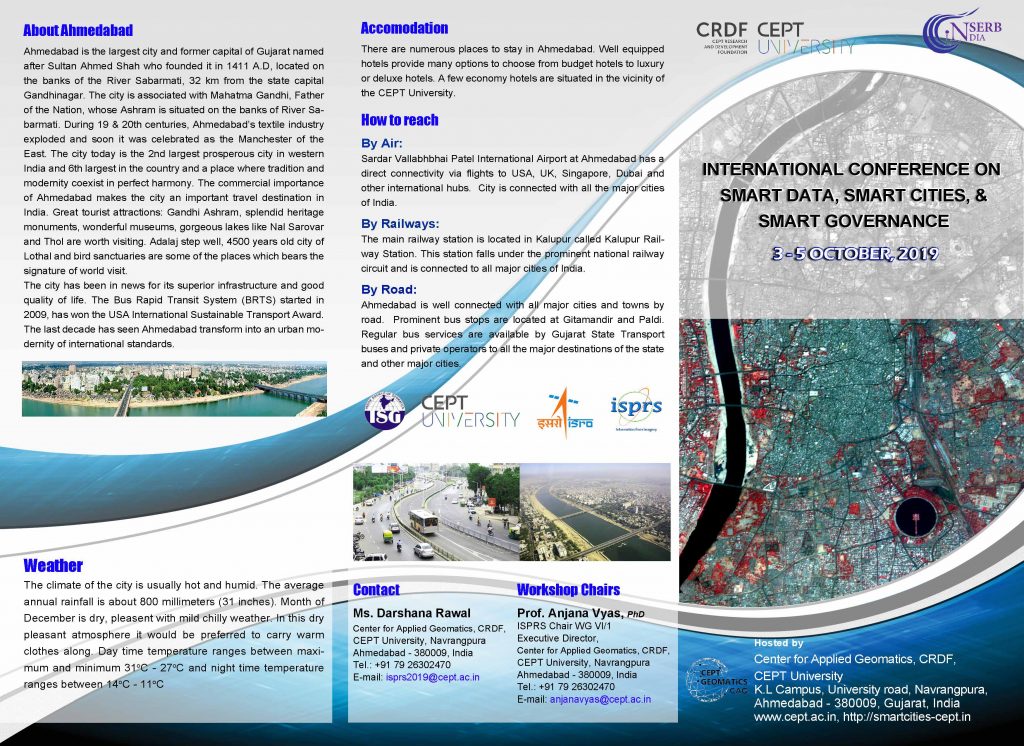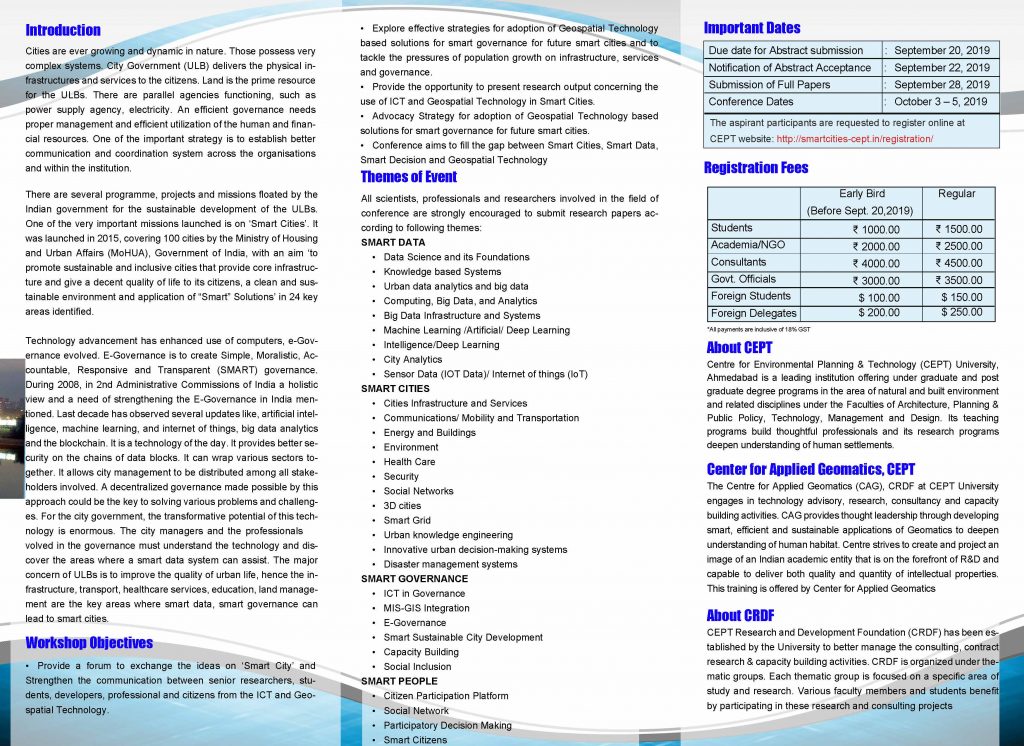Major steps forward taken in the building of a terminology for the skills required to make and keep data FAIR.
DANS headquarters, The Hague, October 16-18, 2019.
What did we do?
On 16-18 October 2019, representatives of the research data community met at the DANS headquarters in The Hague to continue to build a terminology to describe FAIR stewardship skills (the skills necessary to make data FAIR and to keep them FAIR): the tag #terms4FAIRskills was used on Twitter during the event.
The meeting was kindly supported by FAIRsFAIR. This meeting was a follow up to the first terms4FAIRskills meeting held at the CODATA headquarters in Paris in 19-20 May 2019.
Why is this important?
This effort is building a formalised terminology that describes the competencies, skills and knowledge associated with activities involved in making data FAIR and keeping it FAIR. We have focussed initially on two important use cases, namely:
- determining what FAIR-related skills are covered by a set of training materials;
- searching for relevant FAIR-related courses and learning paths.
These will be important in enabling the training of FAIR-related skills for researchers, data stewards and data managers.
Other possible use cases such as developing FAIR-related job descriptions and domain-related searches in topics such as the Life or Social Sciences could also be developed. At the end of the Paris workshop we had a spreadsheet developed with 245 rows of terms based on the FAIR4S table.
What did we achieve since Paris?
Definitions and relationships for each term were developed by our annotation teams. The FAIRsharing team then clarified and added further information to the spreadsheet to enable conversion into an OWL file, which is one of the standard formats for expressing knowledge engineering data sets such as this. Details of this process can be found at https://github.com/terms4fairskills/FAIRterminology
What did we achieve in The Hague?
At the meeting in DANS, the following was achieved:
- the terminology was remodelled to more precisely distinguish activities from pedagogical concepts such as Knowledge, Skills and Aptitudes.
- Talks were presented by the collaborations SSHOC, ELIXIR and FAIRsFAIR, which provided insights into how the terminology could be used and extended for their purposes.
What next?
We will continue to atomise and refine each class and build relationships collaboratively using the WebProtege web tool. The terminology will soon be tested against the initial use cases. We plan to make the terminology available in the near future for initial inspection and comment.
Read more. https://terms4fairskills.github.io/2ndWorkshopHagueAnnouncement.html

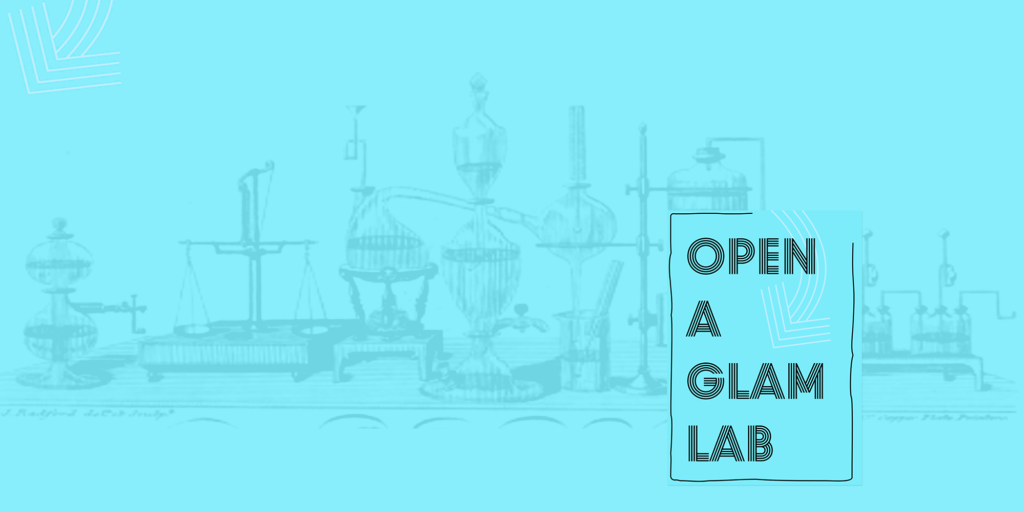








 This post was written by Rebecca Lawrence, Managing Director of F1000. She was a
This post was written by Rebecca Lawrence, Managing Director of F1000. She was a 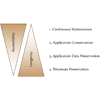


 Francophone Open Data Conference
Francophone Open Data Conference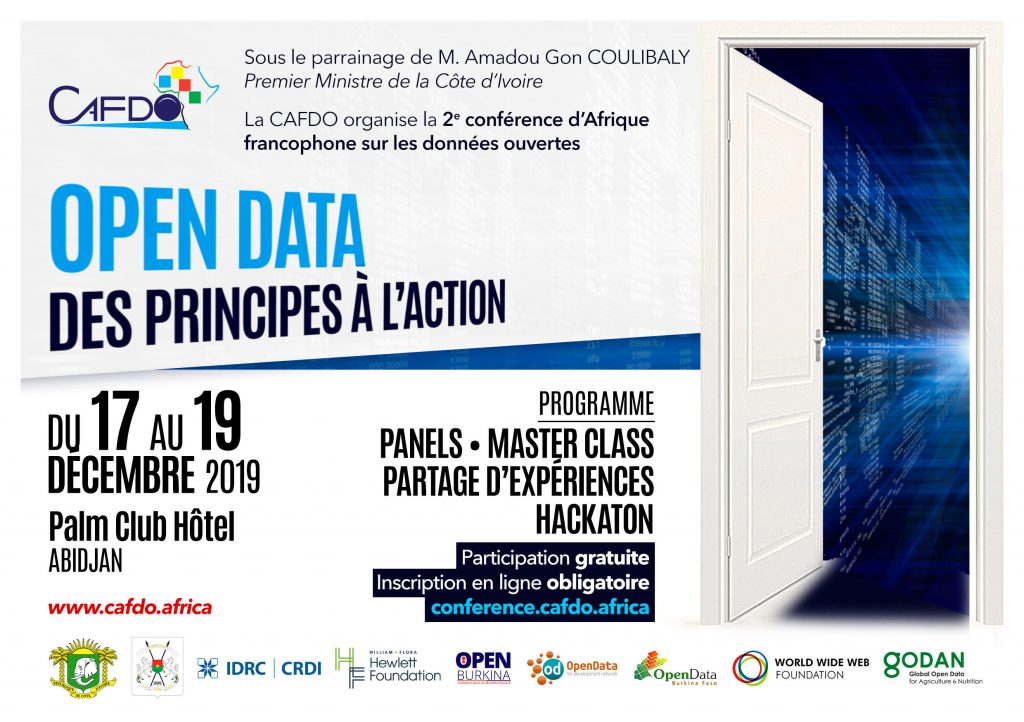
 This post is a syndicated copy of the one at
This post is a syndicated copy of the one at 